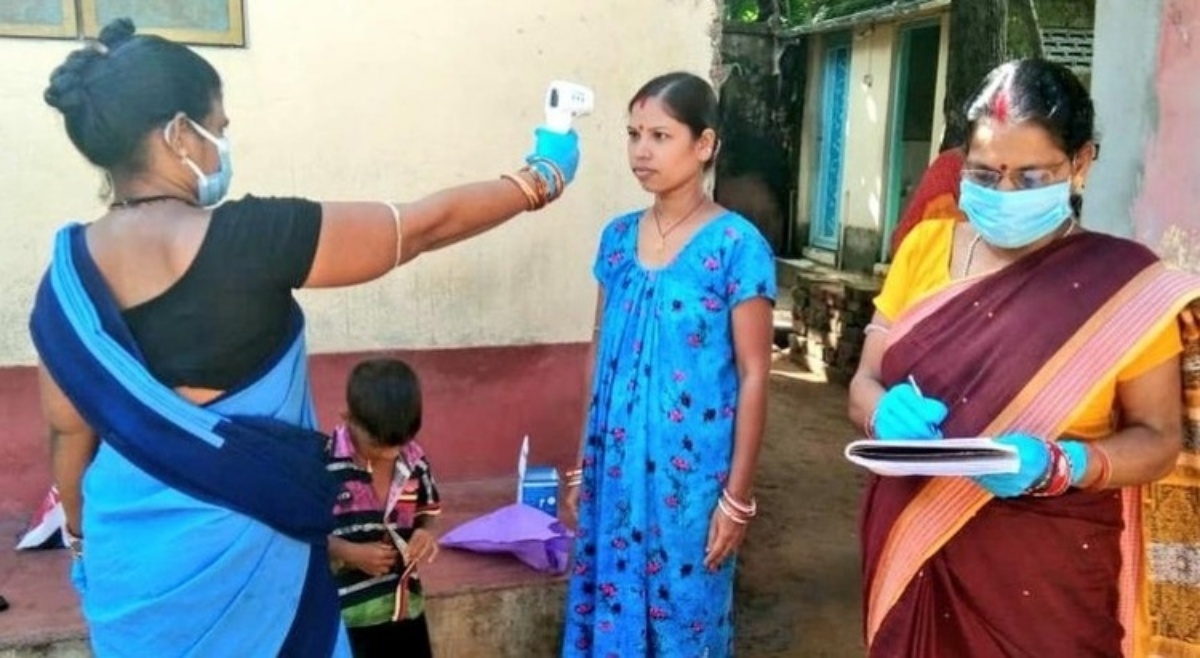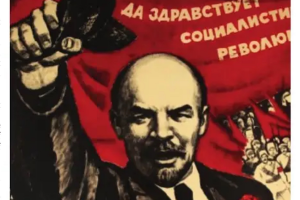With the surge in the second wave of Covid-19 pandemic overwhelming the health facilities in the urban areas, the Government is seized of its spread and affect in the rural areas.
Two pointers recently put the spotlight on the importance of dealing with Coronavirus in the rural areas of India, where the vast majority of the country lives.
Panchayati Raj Ministry’s advisory to states
The Ministry of Panchayati Raj wrote to all the State Governments to take preventive measures to curb the spread of the Covid-19 pandemic in rural India. It suggested the States to sensitize and facilitate the Panchayats/Rural Local Bodies towards meeting the challenge and provide leadership.
The advisory also asked States to undertake an intensive communication campaign for the awareness of rural communities on the nature of the infection and preventive and mitigation measures. This was necessary to dispel the prevailing false notions and beliefs.
Besides, they were asked to involve frontline volunteers from the local community for the campaign including elected panchayat representatives, teachers, ASHA workers etc. while ensuring necessary protective systems for them like finger oxy-meters, N-95 masks, infrared thermal scanning instruments, sanitizers etc. Medical facilities like ambulances, advanced testing and treatment and multi-speciality care too were to be established for handling emergency situations.
Leveraging of IT infrastructure to provide real-time information on availability of testing/vaccination centres, doctors, hospital beds etc. too has been advised. Besides home quarantine locations, specific isolations centres for the needy and migrant labourers and vaccination drives were to be arranged. In order to provide relief and rehabilitation, like rations, drinking water, sanitation, MGNREGS employment, Central and State Government schemes were to be leveraged.
NCDC cautions against spread Of Covid-19 To rural areas
Meanwhile, the National Centre for Disease Control asked the Centre to prioritise testing and vaccination in rural areas as the Covid-19 spread is now moving to semi and peri-urban and rural areas.
The Director of NCDC Dr Sujeet K. Singh as reported in Mint while presenting the epidemiological findings and a granular analysis of the Covid-19 trajectory in the States during a review meeting, cautioned against the spread of the infection to the rural areas, as the health infrastructure in the rural regions of the country is not adequately equipped to deal with the rising number of cases.
Way forward to counter these challenges
As grim as the situation may seem, local governance is the only way out. According to a comprehensive study titled “The local governance of Covid-19: Disease prevention and social security in rural India” by Anwesha Dutta and Harry W. Fischer “local governance is likely to be especially important in bridging the gap between policy measures and local realities for the coordination of responses to Covid-19.”
According to the study local government perform better for a variety of grassroot State functions and thus likely to play an essential role in Covid-19 response.
They are more closely connected to public and are better able to navigate context-specific local conditions. Being far more knowledgeable about local needs they are able to mobilize key local actors, monitor activities at the grassroots, and anticipate and resolve site-specific challenges that arise.
Being embedded within the societies they serve makes them likely be more responsive to the public’s urgent needs. It makes them more accessible, more accountable due to formal sanctions like elections and threat of loss of personal reputation.
Moreover, local government are often perceived as more legitimate as they are directly selected by the public and thus tend to reflect citizens’ values and aspirations and often their sense of identity.
The study referred above was based on the lockdown in 2020.
In order to urgently control the pandemic and ensuring basic welfare and food security panchayats can work together with frontline health workers like the Accredited Social Health Activist (ASHA), Auxiliary Nurse Midwives (ANM), women SHGs, local community members like teachers, and others. A committee for this purpose was formed and these designated variedly as control rooms, rapid response teams or Panchayat Jagruta Sammittee.
ASHA and ANM workers are the frontline functionaries for disease control. Appointed by the Union Ministry of Health and Family Welfare and selected by the Gram Panchayat, their function is to work with the village health and sanitation committee to develop a comprehensive village health plan.
Providing information and creating awareness in the community about nutrition, basic sanitation and hygienic practices, health services they also facilitate access to health care institutions, acting as a bridge between marginalized communities and health care systems.
Implementation of social security measures during the Covid-19 pandemic surge can be done efficiently by panchayats. They can undertake household surveys to identify households and individuals in need of social and economic support not registered in existing government schemes. This can help in direct cash transfers to banks and/or door to door cash disbursement by panchayats through ASHA and youth workers.
Role of panchayats in Covid-19
Spread public awareness through loudspeakers, distribution of posters and pamphlets, village meetings, creation of WhatsApp groups.
Set up and run village level quarantine centres.
Register incoming migrant workers from cities and facilitate compulsory quarantine.
Disinfection and sanitization of villages and areas around quarantine centres
Ensure maintenance of physical (social) distancing rules in the village.
Distribution of masks and hand sanitizer (if and when available).
Monitor symptoms at household level as well as in quarantine centres.
Monitoring of health in villages.
Referral to district administration of those showing symptoms.
Food support through the Public Distribution System (PDS) and income support under India’s Labour Guarantee Act (MGNREGA).
Run community kitchens and make homemade masks through mobilization of women Self Help Groups (SHGs)
Ensure market linkages for procurement and sale of farm produce.
Assure continuance of agricultural and allied services through agricultural inputs, seed and fertilizer distribution.
Mobilize volunteers for preparation and distribution of food to quarantine centres.
The frontline workers’ role in containing Covid-19 pandemic
Prevent, Control and monitor the spread of infection in the community.
Ensure early detection and referrals through Panchayat level committee.
Pay special attention to pregnant women and the elderly.
Spread information on symptoms of Covid-19 and its spread, and explain physical distancing rules.
Maintain and record travel histories of those coming from outside the village.
Monitor those in isolation and home quarantine (both at home and in designated centres).
Monitor themselves and their colleagues for symptoms.
Maintain hygiene and distance protocols while making door to door visits.
Report to local health centres if symptoms occur.
Never have the local government need to play such a crucial role just as they are expected to in these times with the Coronavirus threat looming large over rural India, the backbone of the nation.
(This content is being carried under an arrangement with indianarrative.com)
–indianarrative/











